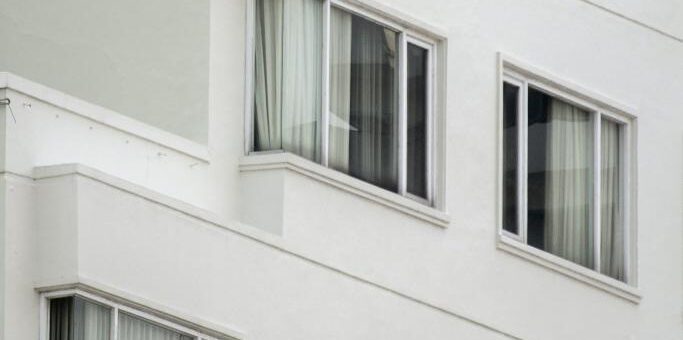The price a property fetches at auction is often seen as the most reliable measure of its market value. However, as an Upper Tribunal (UT) ruling in a leasehold enfranchisement case showed, that is not by any means always the case.
The case concerned a property company that purchased the freehold of a block of eight flats for £91,000. Only four months later, tenants of the block successfully exercised their right to acquire the freehold. Following a hearing, the First-tier Tribunal (FTT) fixed the price payable by the tenants at just £30,000.
The company had initially asserted that the block had substantial development potential and that the freehold was worth more than £1.2 million. In challenging the FTT’s ruling, however, it straightforwardly contended that its value should be assessed at the price that had so recently been paid for it at auction.
Dismissing the appeal, however, the UT noted that the auction catalogue had given a £15,000 guide price for the freehold. The FTT was entitled to accept evidence that participants in the auction who bid up the freehold to the price for which it eventually sold were taking an expensive punt and that it was very unlikely that a future purchaser would take such an optimistic view of its value.
The UT rejected any suggestion that, as a matter of law, the FTT was precluded from arriving at a valuation lower than the auction price. After concluding that the auction price did not represent the freehold’s open market value, it could not be criticised for failing to give it greater weight. Overall, the FTT was fully entitled to base its valuation not on the auction price but on expert evidence.
